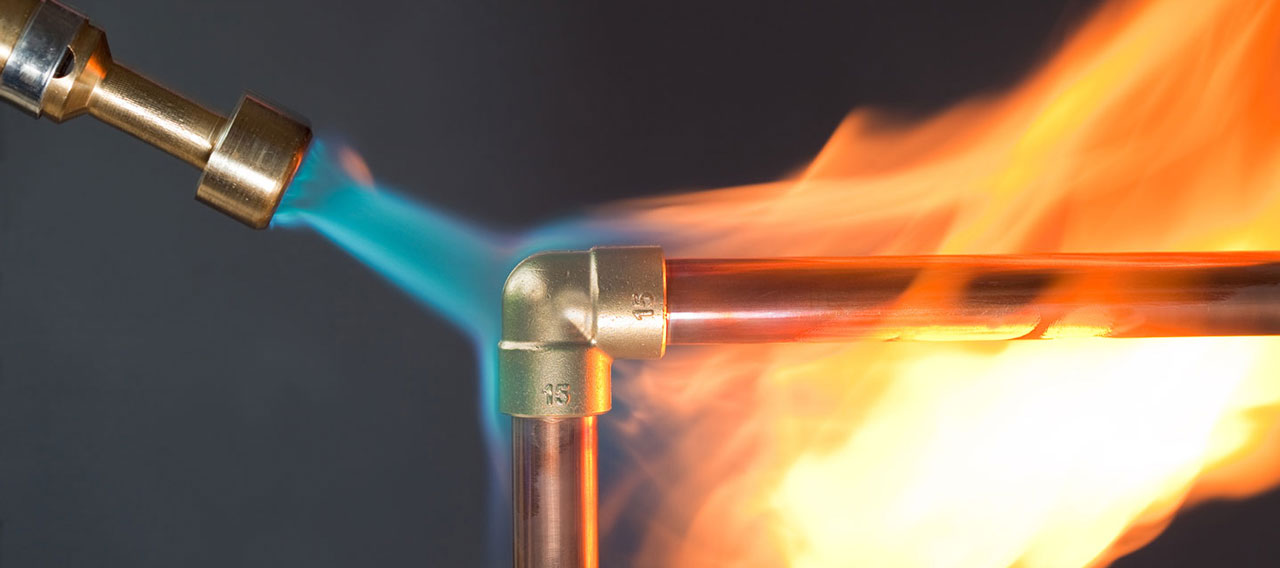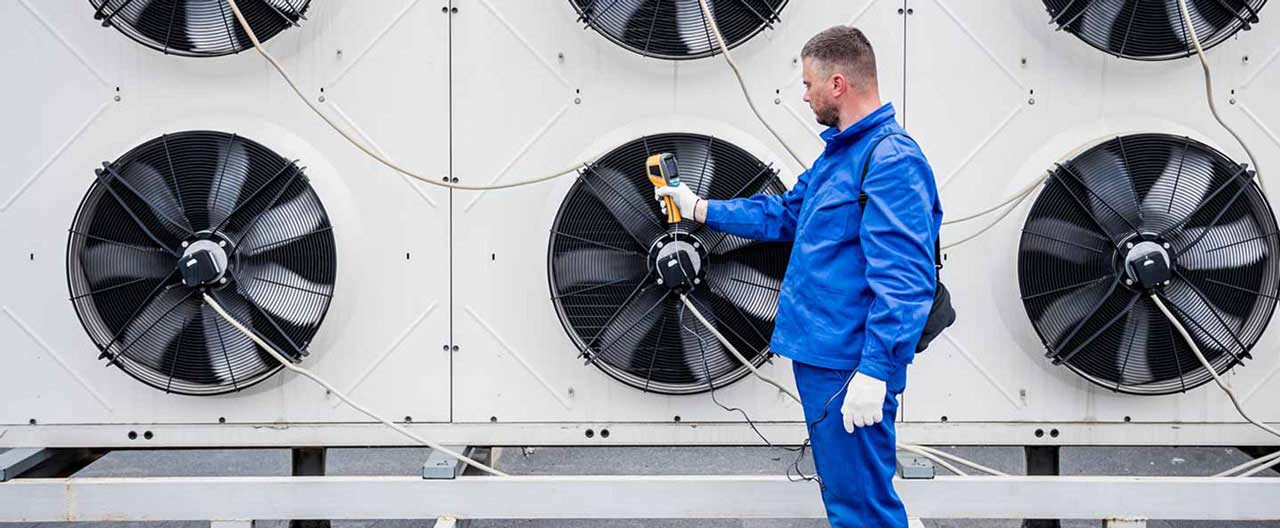- Individuals & Families
- Businesses
- Agents & Brokers
- Embedded Insurance

Chubb ranked #1 for Customer Satisfaction with the Home Insurance Claims Experience

Chubb ranked #1 for Customer Satisfaction with the Home Insurance Claims Experience

Chubb ranked #1 for Customer Satisfaction with the Home Insurance Claims Experience

Chubb ranked #1 for Customer Satisfaction with the Home Insurance Claims Experience

Because pets are family, Chubb now offers pet insurance with top-rated coverage from Healthy Paws.

Chubb offers the insurance protection you need for travel’s many “what ifs”.

Chubb protects small businesses at every stage – from newly formed start-ups to long-time anchors of the community.

Stay ahead of cyber threats with our free Cyber Claims Landscape Report.

Learn more about our dedicated learning paths, Online Learning Center, and more.



Many digital-savvy consumers look for it as a core or add-on option.

Many digital-savvy consumers look for it as a core or add-on option.

Many digital-savvy consumers look for it as a core or add-on option.

Chubb’s in-house technology makes it easy to integrate what we do into your customer experience.
-
About
-
Claims
-
Login & Pay Bill
For Agents & BrokersFor Travel Advisors
-
Back
It’s likely that boilers, HVAC systems, and pressure vessels aren’t the sexiest parts of your business operations. And, as they’re usually out of sight, these also tend to be out of mind.
But any building — be it a fabrication plant, office building, school, or hospital — relies on heating and cooling equipment to keep its occupants comfortable. Many production and storage activities depend on temperature-controlled processes, or on pressure vessels to safely contain and/or transfer liquid or gaseous chemicals.
Failures of any of these systems can cause destruction; facility shutdown; prolonged loss of business; and tragic, even fatal, accidents — as was the case when a boiler explosion at a box company in St. Louis damaged three buildings and claimed several lives.
Prevent catastrophic incidents by understanding the risks — and taking steps to mitigate them.
Why does improper maintenance of boilers and pressure vessels present so much risk?
There are a number of factors that make building systems a matter of safety concern.
- Contained energy. Whether in the form of hot water, steam, compressed air, or other gases (including hazardous chemicals), boilers, HVAC systems and pressure vessels all contain some type of stored energy. In the event of a system failure, the force of this energy can be treacherous. Consider that a 50-gallon air tank at 125 pounds per square inch (psi) of pressure contains 159,000 ft/lbs of energy. If that vessel is suddenly breached, the escaping gas can pack a dangerous wallop.
- Carbon monoxide (CO) gas. A waste product of the boiler’s fuel burning process, CO from malfunctioning combustion or improper ventilation is the cause of be 50,000 (fifty thousand) emergency room visits and at least 430 deaths annually.1
- Hands-on hazards. In most instances, facilities personnel are not experts in building systems and so may be prone to accidents such as chemical burns, electrical shocks, or falls while performing maintenance. There is an average of 128 worker fatalities a year from related confined space hazards, such as excessive heat or inhaling dangerous chemicals.2
- Inspections don’t reveal all issues. State-mandated jurisdictional inspections vary in scope so there’s a chance that some parts of the system may not be covered under local inspection parameters. With so many dynamics involved in building equipment safety, the National Board of Boiler and Pressure Vessel Inspectors (NBBI) acknowledges that simply “passing inspection” is an insufficient strategy to prevent disasters.

What types of equipment breakdown should my business watch out for?
Nearly 10% of boiler or pressure vessel inspections uncover failure in some part of the system-and that likely understates overall building equipment risks.
The most common areas of concern include:
- Boiler or pressure vessel main unit. Issues are usually related to the age of the system, how hard it has performed through its lifetime, and the quality and frequency of regular maintenance.
- Pressure relief devices. These include the over-pressure relief valve, the safety valve, the temperature and pressure relief valve, and the rupture disk and are prone to corrosion, leakage, and physical damage.
- Burner management system (BMS). The “brains” of the boiler, the BMS controls the sequence for burner start-up, operation, and shut down. Faulty wiring or poor condition can cause issues.
- Pressure and temperature controls. These need to be wired properly, have covers in place and show no signs of deterioration.
- Water level and flow controls. Sludge is a sign these are blocked, and corrosion indicates leakage.
- Fuel Trains. Designed to regulate the flow of fuel to the boiler, fuel trains are usually excluded from jurisdictional boiler inspection requirements, yet where they are inspected, they have a high percentage of violations.
How can I prevent equipment failure?
Building systems inevitably age, corrode, and deteriorate. But vigilance and maintenance can minimize dangerous boiler, HVAC, or pressure vessel breakdowns.
- Perform regular visual inspections. Many issues of deterioration or corrosion will be obvious on vessels, valves, wiring and controls.
- Adopt predictive testing technologies. For example, infrared thermography can detect electrical deficiencies (or “hot spots”) that are not visible and can lead to fires. Chubb Risk Engineering Services maintains its own network of industry certified infrared thermographers and equipment.
- Schedule regular equipment maintenance and boiler repairs. Proper upkeep will extend the life of your equipment and ensure optimum system safety.
- Adhere to proper procedures during start up and shut down. There’s a high incidence of mishaps when systems are starting up and shutting down, so extreme care must be taken.
- Plan for replacement. Updates to controls and safety devices can extend the life of the system. And as no boiler, HVAC system or pressure vessel lasts forever, make sure your business is prepared financially to replace key equipment.
- Ensure your jurisdictional inspections are completed by an approved agency. In service of our clients, Chubb is an accredited Authorized Inspection Agency (AIA) with the NBBI and our equipment breakdown risk engineers are licensed to provide jurisdictional inspections to boilers and pressure vessels throughout North America.
- Consult with your jurisdictional inspector whenever you are experiencing difficulties with your boiler or pressure vessel.
Awareness, proper maintenance, regular inspections and having experts on your team can help keep systems running, extend the life of your equipment, provide a financial safety net if the worst happens — and prevent tragedy.
Risk engineering specialists at Chubb are trained to identify and help mitigate potential boiler, HVAC or pressure vessel risk factors that are associated with a wide range of industries and market segments, as well as enable restoration and recovery efforts.
Learn how Chubb's Risk Engineering Services can help protect your business.
Insights and expertise







This document is advisory in nature and is offered as a resource to be used together with your professional insurance advisors in maintaining a loss prevention program. It is an overview only, and is not intended as a substitute for consultation with your insurance broker, or for legal, engineering or other professional advice.
Chubb is the marketing name used to refer to subsidiaries of Chubb Limited providing insurance and related services. For a list of these subsidiaries, please visit our website at www.chubb.com. Insurance provided by ACE American Insurance Company and its U.S. based Chubb underwriting company affiliates. All products may not be available in all states. This communication contains product summaries only. Coverage is subject to the language of the policies as actually issued. Surplus lines insurance sold only through licensed surplus lines producers. Chubb, 202 Hall's Mill Road, Whitehouse Station, NJ 08889-1600.

